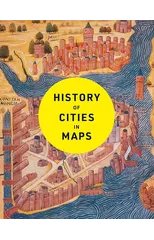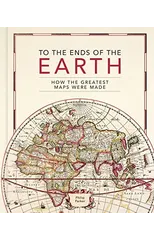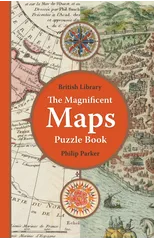Small Island
12 Maps That Explain The History of Britain
(Autor) Philip ParkerDiscover the 12 crucial moments in Britain's past that will answer the greatest questions for our future in this richly insightful and fascinating history 'A richly entertaining canter through the country's past. Engrossing' INDEPENDENT _____ In 878 the borders of Alfred the Great's Wessex were confined to a small patch of marshland in Somerset. This was Britain. Four centuries later, and the country straddled the English Channel, embracing much of what we now know as France. Six hundred years later, its boundaries were to be found in the Caribbean, the Arabian Sea, the Indian Ocean and the Sunda Strait. These, too, were Britain. Yet when - and where - did Britain begin? Is the shape of Britain led by the British - or are foreign powers more responsible for our borders than we realise? Is Britain justified in its island mentality? Will Britain ever be at ease with its own borders? And is the shape of Britain soon to change all over again? . . . This comprehensive, entertaining and concise new history uses twelve maps to explain Britain's most characteristic trait - our need to be both part of the wider world, yet separate from it. Please note a printing error in map 10 is now being fixed
Philip Parker
Philip Parker is a British author known for his expertise in writing non-fiction books across a wide range of subjects. His most notable works include "The World at War," "History of Britain in Maps," and "The Empire Stops Here: A Journey Along the Frontiers of the Roman Empire." Parker's writing style is characterized by thorough research, clear and engaging prose, and a knack for presenting complex information in a digestible format. His contributions to literature include shedding light on historical events and cultures in an accessible and compelling manner. Parker's impact on the non-fiction genre is evident in his ability to educate and entertain readers while maintaining a high standard of scholarship. His most famous work, "The Empire Stops Here," has been praised for its meticulous research and vivid storytelling, solidifying Parker's reputation as a masterful non-fiction writer.



